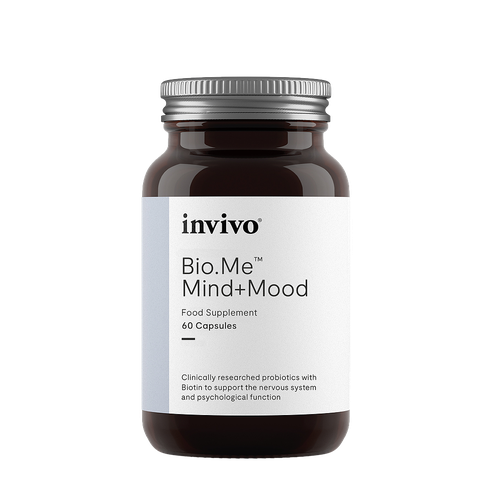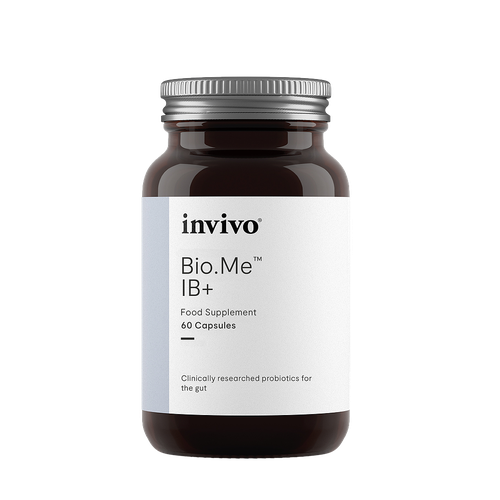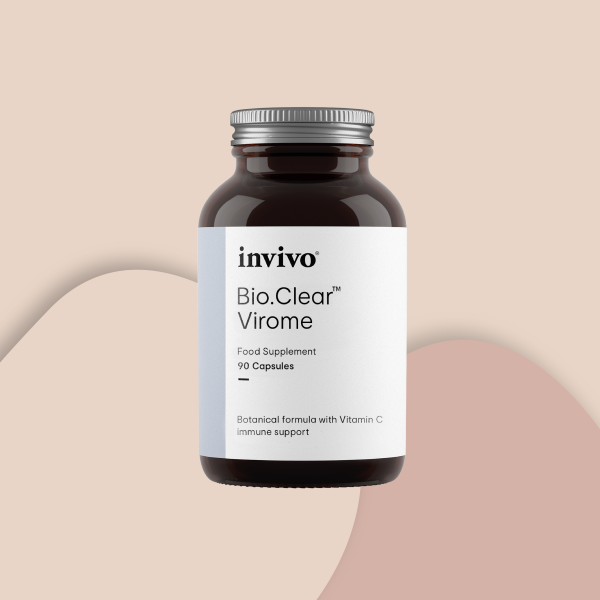Hormones 101
Hormones 101
ZRT Laboratory
Listen to Dr. David Zava, Chief Scientist at ZRT talk about the reasons to check hormone levels and the benefits for health.
Most hormones are produced by a group of glands known collectively as the endocrine system. Even though these glands are located in various parts of the body, they are considered one system because of their similar functions and relationship to each other.
Hormones are extremely potent substances. It takes only a minute amount to initiate an action. Hormones are secreted into the bloodstream by the glands. From there, they travel to all parts of the body. Only the cells sensitive to that hormone—called the target tissue–will respond to the chemical signal the hormone carries. Traveling through the blood, hormones enter cells through “receptor” sites, much as a key unlocks a door. Once inside, they get to work, flipping the switches that govern growth, development, and mental and physical functions throughout life. All that changes when your hormones become unbalanced due to physical and emotional stress or the effects of aging. Signals do not reach the right place at the right time. Sometimes cell functions shut down completely. In other cases, cells are over stimulated. All this chaos causes unpleasant symptoms, at the very least. In severe situations, these imbalances can lead to chronic disorders or disease.
Most hormones cannot be stored in the cells of the body. Therefore, they must be made and released into the blood at the precise time they are needed. To maintain the intricate systems in which hormones operate, the body must constantly fine-tune hormone release to keep levels within proper limits. This balance is accomplished through an intricate series of positive and negative feedback mechanisms. For example, an overproduction of one hormone usually prompts the release of one or more complementary hormones in an effort to restore balance. Because of the complexity of these interactions, a hormonal issue rarely stems from only one type of hormone. More often, the problem involves a series of hormones. In addition, a disruption in the balance of hormones produced by one gland or set of glands can cause other gland systems to malfunction.
Hormone Balance: The Key to Health
You’ve probably heard more about hormones and hormonal imbalances recently – as researchers have become more aware of evidence showing this may be the root cause of many chronic health issues you could be experiencing.
Your hormones should exist in harmony with each other. When levels of each hormone are in the right proportions, body systems are stable. When balance is lost, hormone deficiencies and excesses can cause chronic symptoms and disorders, and raise risks for disease.
A whole host of symptoms may signify an imbalance:
- Fatigue
- Headaches
- Weight Gain
- Irritability
- Infertility
- Mood Swings
- Loss of Libido (sex drive)
- Depression
For more about home-collection dried blood-spot and dried urine testing, read: Home-Collection Hormone Testing You Can Trust
Home-Collection Hormone Testing You Can Trust
ZRT Laboratories
ZRT is a CLIA certified diagnostic laboratory and the leader in hormone and wellness testing. They provide accurate and meaningful test results that assist healthcare providers in making informed treatment decisions.
In 15 years ZRT has tested over 2 million people, and currently performs testing for over 4,000 healthcare providers in 26 countries and all 50 states of America. ZRT is also engaged in ongoing collaborative clinical research with investigators around the world, including the CDC, NIH and prominent universities.
Headquartered in Portland, Oregon, ZRT is the recognised innovator of saliva, dried blood spot and dried urine testing methodologies.




